An introduction to Greek mythology.
Welcome to Greece, home of gastronomy, sun, turquoise waters and, of course, mythology. While sitting on the terrace of your luxury villa for rent, read a few lines about the Greek deities who founded this world…
It was the gods who shaped the breathtaking landscapes of the Cyclades. It all begins when chaos reigns. Suddenly, Gaia, mother earth, and Tartarus, the underworld, are born. Each has its own darkness, respectfully named Nyx and Erebros. Ancient Greece comes with sky, night, day and oceans. The Hellenes have not forgotten Mykonos, named after Apollo’s grandson, Mycon.
Ouranos, the god of rain, and Gaia, mother earth, give birth to many demigods. They warn Cronos that one of these children will dethrone him. Cronos ate all his children, but Zeus was born a few weeks later and moved to Crete. As an adult, Zeus returns to his father and forces to regurgitate his five brothers and sisters who grew up in Cronos’ womb. Zeus fathered many children, including Artemis, goddess of the wilderness and the moon, as opposed to her brother Apollo, god of the sun. Zeus’ other daughter is Aphrodite, goddess of beauty and love.
Today, many words come from the Greek declensions of Zeus (Ζεύς), which follows an irregular format. Its vocative is -zeu-ce, which gives the word -jour- in Romanian. The accusative of Zeus is -dia- which still gives the word -jour- in Spanish, Portuguese and Latin. Finally, the genitive -dien- gives the word jour in Slavic languages and Russian.
Let’s take a tour of northern Greece, where Mount Olympus (Ὄλυμπος) stretches from Thrace to the Aegean coast. Olympus is a mountain of massive appearance, rising steeply in many places, bordered by wide ravines and densely forested in its lower reaches. Homer describes this place as ideal and peaceful, isolated from inclement weather such as rain. It was a place where the gods could live in perfect happiness. They had taken up residence here after ousting the Titans. Olympus was perceived by the ancients as a secret garden. On vacation, the gods spent their time feasting. Their favorite food and drink was ambrosia, which made them immortal. They also liked to contemplate the world and meditate on human destinies. Olympus, the “nest” of the gods, should not be confused with the sanctuary of Olympia in the Peloponnese.
Then we have the god of wine, the famous Dionysus (Διώνυσος). He was born on Mount Méou on the borders of the Silk Road, between present-day Tibet, Tajikistan and Pakistan. He is the only god born of a mortal mother. Today, Mount Merou is a well-known mountain in mountaineering circles; its current name is Mount Kailash (གངས་རིན་པོ་ཆེ). Dionysus is born of the divine fire of a lightning bolt that strikes the earth. Dionysus had to win the trust of the Olympian gods, so he had to conquer land. He formed an army, but only succeeded in taking a small valley of the Indus, introducing the natives to wine. He marched to Hellenic lands across the great plains of Persia and the Ottoman Empire. Dionysus is a traveling god who is never associated with a specific land; he is a divinity who is everywhere and nowhere at the same time, according to the Greeks. Greek religion gives him an incarnation in every vine for those who want to believe.
The list of Greek gods is almost endless! But here are a few more lines on Poseidon and war. The Trojan War is an event in Greek mythology that has given the story its letters of nobility. Troy is located in present-day Turkey, not far from the Dardanelles Straits (Çanakkale), a land that is often troubled by real wars. The city is a stone’s throw from the Cyclades archipelago. The islands can be seen from Bodrum. War broke out between the Athenians and the Trojans over the abduction of Helen, daughter of Zeus, by Paris, son of the King of Troy. The Greeks wanted Helen back at all costs. The first expedition was undertaken twelve years after Helen’s abduction. The Greeks come with several warships, the fighting rages, but no one comes out on top. Everyone went home, with many human and material losses. The Greek fleet rested for eight long years, then set sail again with twice as many ships. After much fighting, the Greeks settle on Troy’s beach and build an embassy. The contract imposed by the Hellenes is simple: they want the return of Zeus’ daughter, and the embassy will be dismantled. This is when the story of the Illiad begins, as a plague strikes the Greek camp on the beach. It’s the tenth year of battle, and Achilles is the best warrior, keeping the Trojans in check. Internal quarrels oppose Achilles and the King of Ancient Greece, as the latter wants to receive honors without mentioning the names of the warriors on the field. Achilles, after threatening to go over to the enemy camp, instead challenges Hector to a duel. Hector is the Trojan soldier emeritus, brother of Paris and son of the King of Troy. The Iliad recounts Hector’s warlike exploits and the outrages inflicted on his body. Achilles, still dressed for war, then goes on to kill many Trojans in his path, and agrees to give up Hector’s body after his father has gone down on his knees.
Ulysses and Athena then came up with an astonishing idea. That of building a huge wooden horse and putting many warriors on it. The goddess Athena informs the Trojans that she wants to give them a present. A Trojan general advocates distrust, uttering the famous phrase from Greek mythology: Quidquid id est, timeo Danaos et dona ferentes. Be that as it may, I dread the Greeks, even those bearing gifts. This is also the opinion of Cassandra, who has a gift for predicting the future. She doesn’t want to hear about the horse, because she thinks terrible things will happen once it passes through the gates. Night falls on Troy and the inhabitants go to bed. Two Greek warriors enter to open a trapdoor at the foot of the animal, in order to watch the positioning of the Trojan sentries. Once the strategy has been worked out, the large trapdoor in the horse’s belly opens. The guards are killed, the warriors set fire to the emergency exits and open the fortifications so that the entire Athenian armada can quickly return and wipe the city off the map. The men will be killed, the women and children kept as slaves. The primary goal was achieved: Hélène was found and returned to Greece.
Finally, we’ll talk about the God of the sea, Poseidon (Ποσειδῶν), the God of winds and tides. He is depicted with a trident, a gift of submission offered by the Cyclops during the great wars of the gods against the demigods. The trident is made from Etna lava stone. He is a god with a tormented soul, brother and elder to Zeus, but he also has another elder. Poseidon resents the authority of his younger brother Hesiod, whom he attempts to imprison with the help of Hera, Apollo and Athena. With the help of the same sisters, Poseidon attempts to chain Zeus, King of the gods. Unfortunately, Zeus is stronger than the divine plots, and orders Zeus to undergo military service with the enemy King of Troy. When Poseidon returns to Greece, he destroys the cities of Helis and Impie to take his mind off things. The inhabitants will claim the remains of the city’s statues, but to no avail. Poseidon has a praiseworthy part to play, however, as he saves Leto. She is Zeus’ mistress, forced into exile so that his wife Hera doesn’t find out. With the help of the god of winds and tides, Leto gives birth to Artemis.
On the magnificent island of Mykonos, Bellavista invites you to escape to this sumptuous property overlooking the turquoise-blue waves of the Aegean Sea. The property has been selected by the Architectural Digest (AD Magazine) as one of the most beautiful villas in the world. The villa is sophisticated and built in classic Mykonian architecture. The icing on the cake is that one of our charming residences enjoys a panoramic view of the entire Aegean Sea. It’s the ideal place to spend your vacations in a quiet, idyllic setting.
Best properties for rent
Experiences to live around the properties
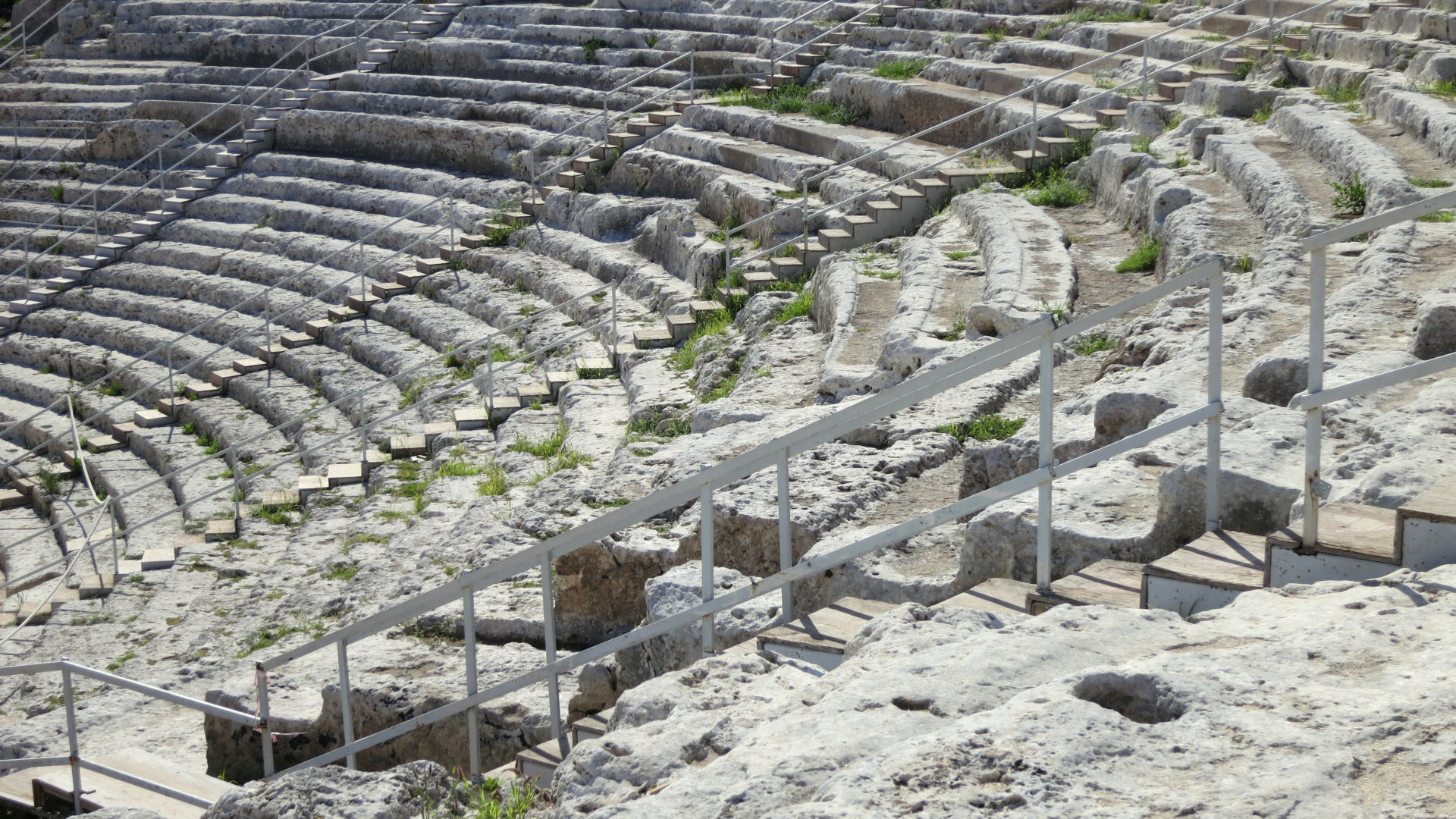
The ruins of Syracuse’s Greek Theatre
The Greek Theatre of Syracuse is located on Temenite Hill, in the Neapolis archaeological park. Carved right into the rock, it’s one of the largest in the Greek world! Just outside the modern city of Syracuse, it’s a must-see during your stay in this part of Sicily. Syracuse’s Greek Theatre ruins Listed as a UNESCO […]
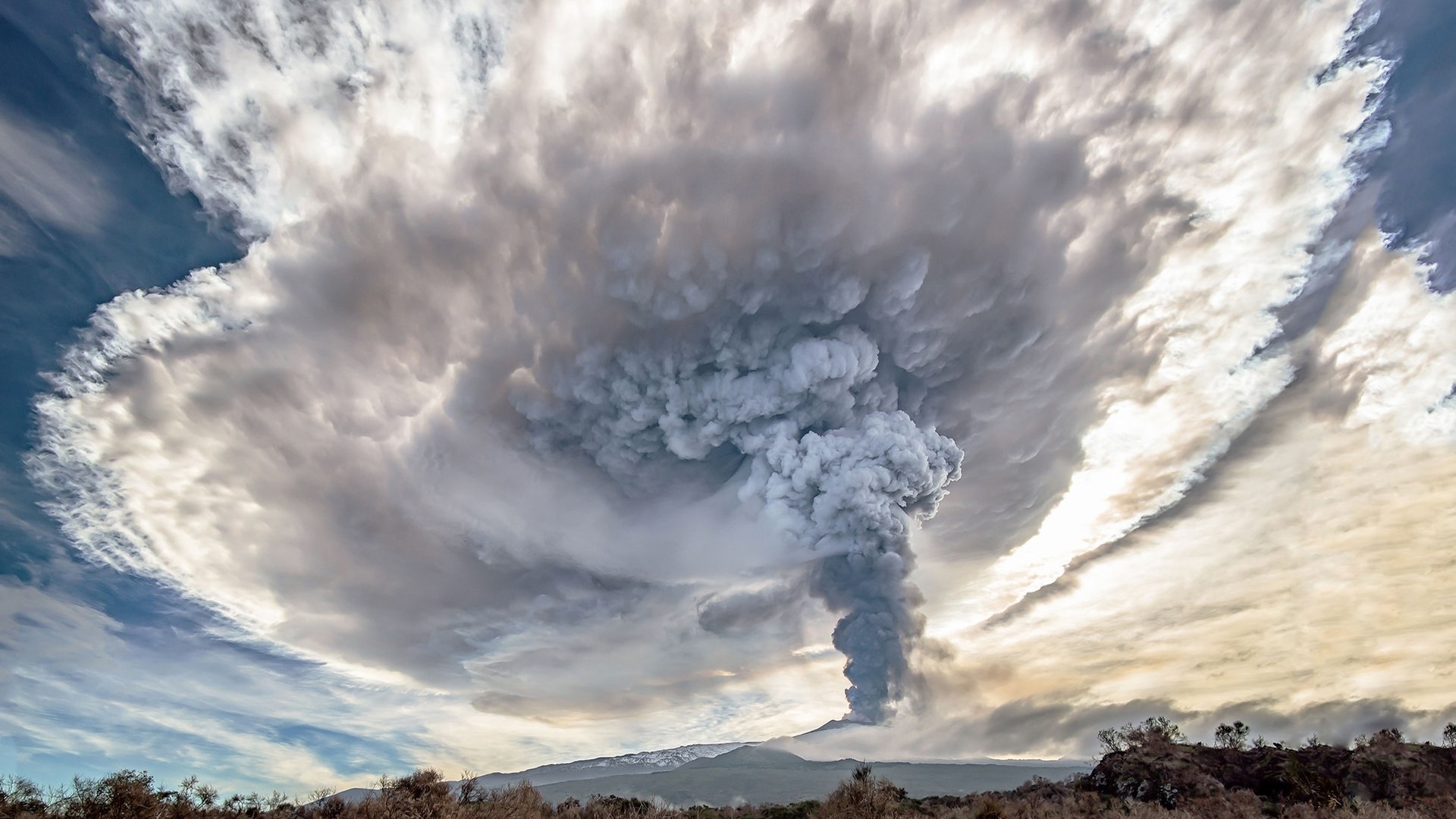
Sicily’s volcanoes, as sumptuous as they are dangerous.
Once upon a time, in northern Sicily, there were two rocks so great and majestic that even the gods feared them. Here you are transported to a place where the forces of nature rule, leaving no respite for the people who live under the protection of these volcanoes. Taormina is the perfect place for a […]
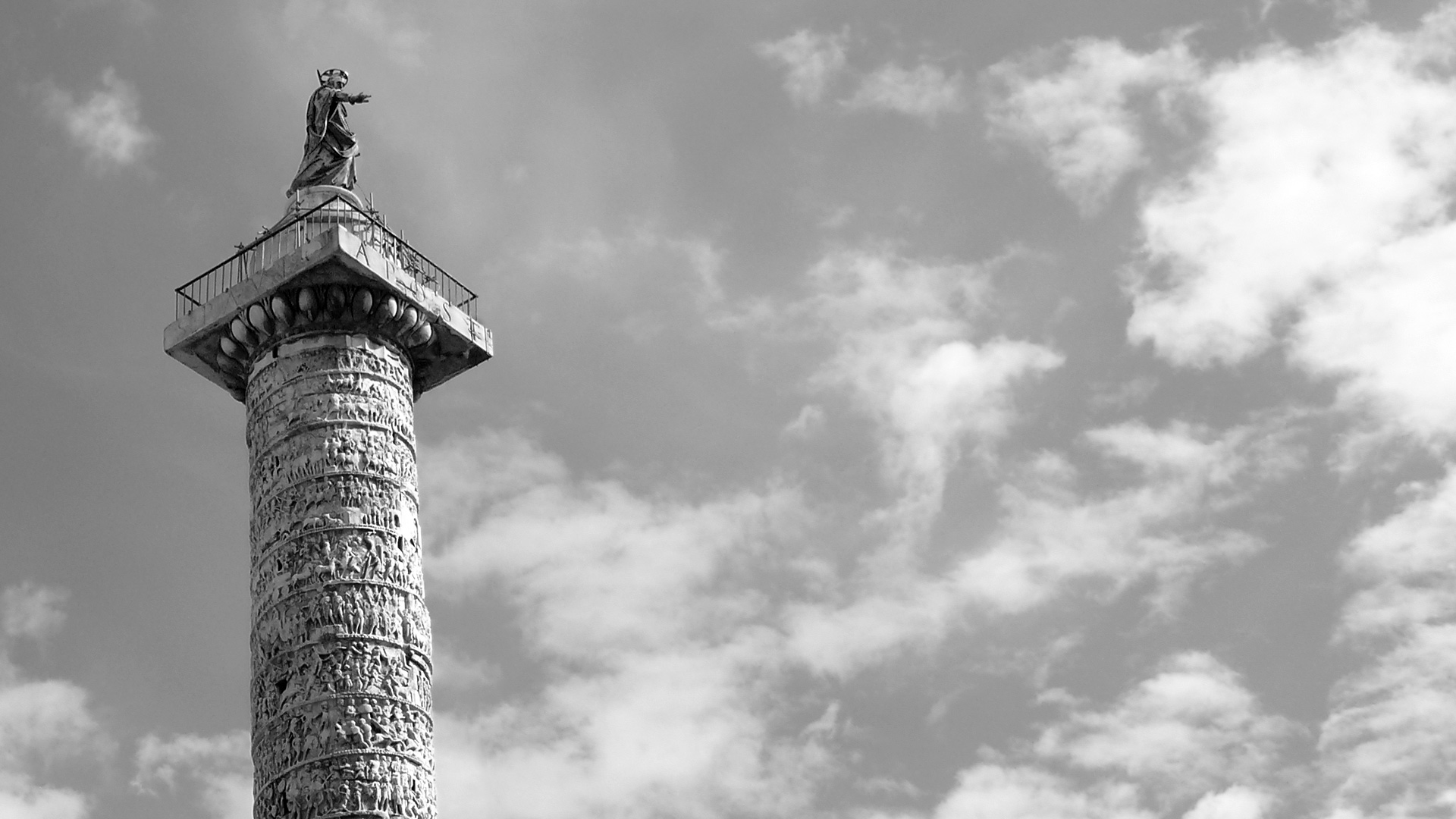
A history lesson on the Italian Colonial Empire
Italy‘s history goes back thousands of years. From the Etruscans in Tuscany to the overpowering Papal States and the Romans, this country has a thousand and one gems to share. Today, we’re going to take a look at a part of its history that has often been neglected by books. Let’s travel together to the […]
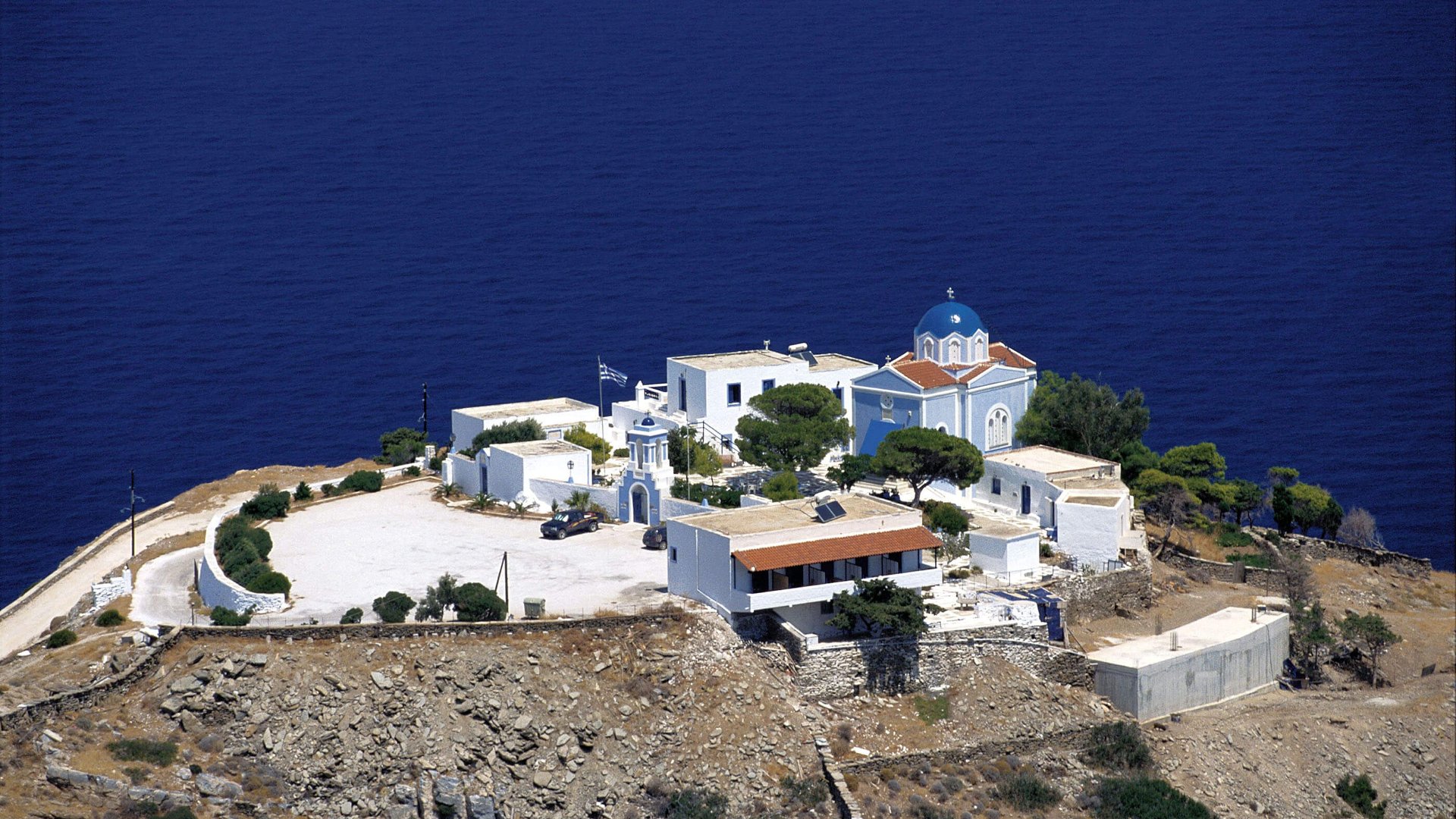
Panagia Kastriani Monastery in Kea
Kea is one of the best places to visit in Greece. It’s the perfect place for a romantic getaway, a vacation with family or friends. Also known as Tzia, it is currently less well known to visitors than the other Aegean islands. Looking for a real change of scenery away from the crowds? Kéa is […]
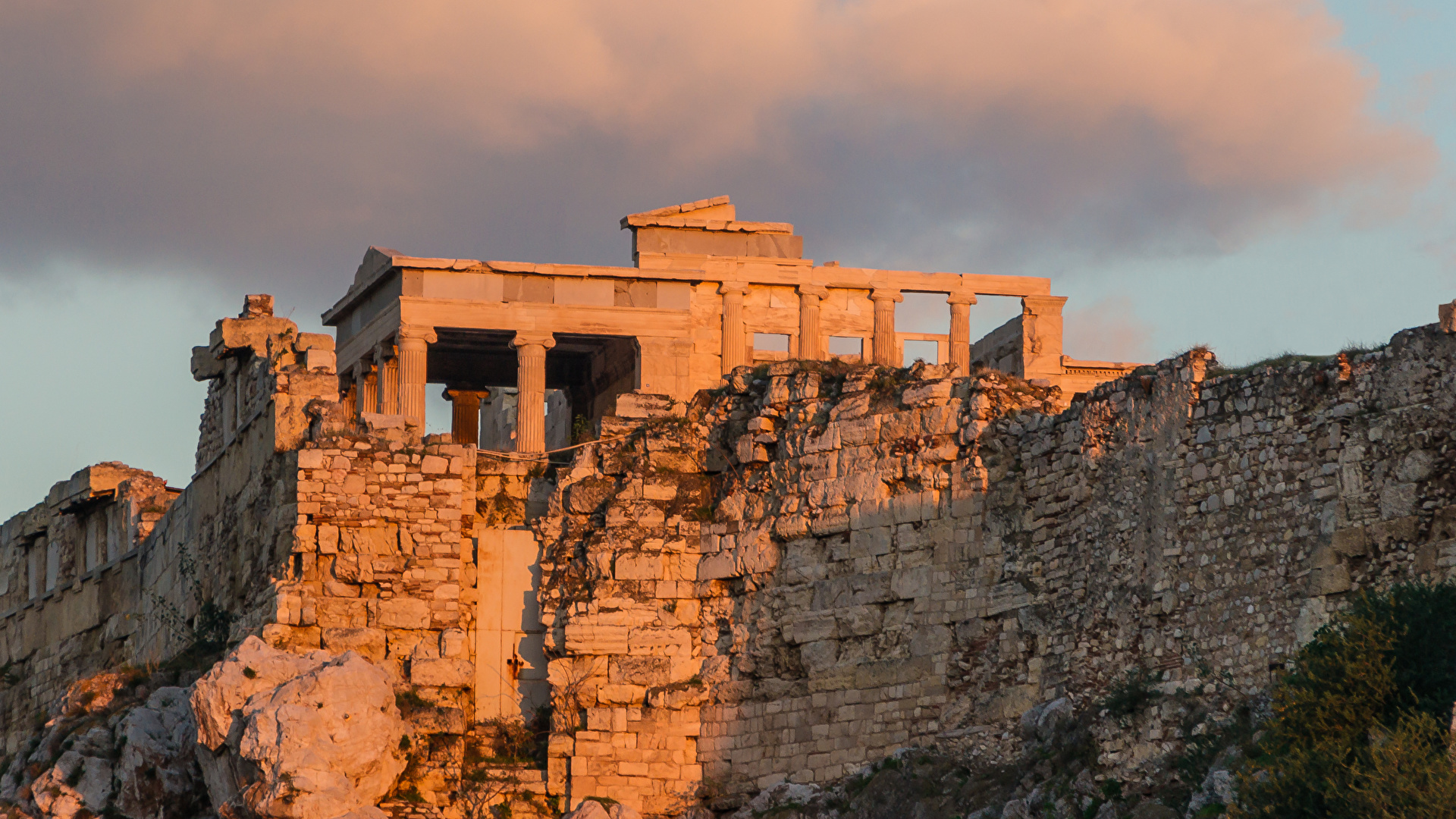
Discover Greek art with Bellavista
Greek art has exerted a considerable influence on many countries throughout history. From ancient times to the present day, the fields of sculpture and architecture have been led by the Hellenes. From Asia Minor to the Iberian Peninsula, discover the jewels of ancient Greece. Historians place the beginning of ancient Greek art in the 4th […]
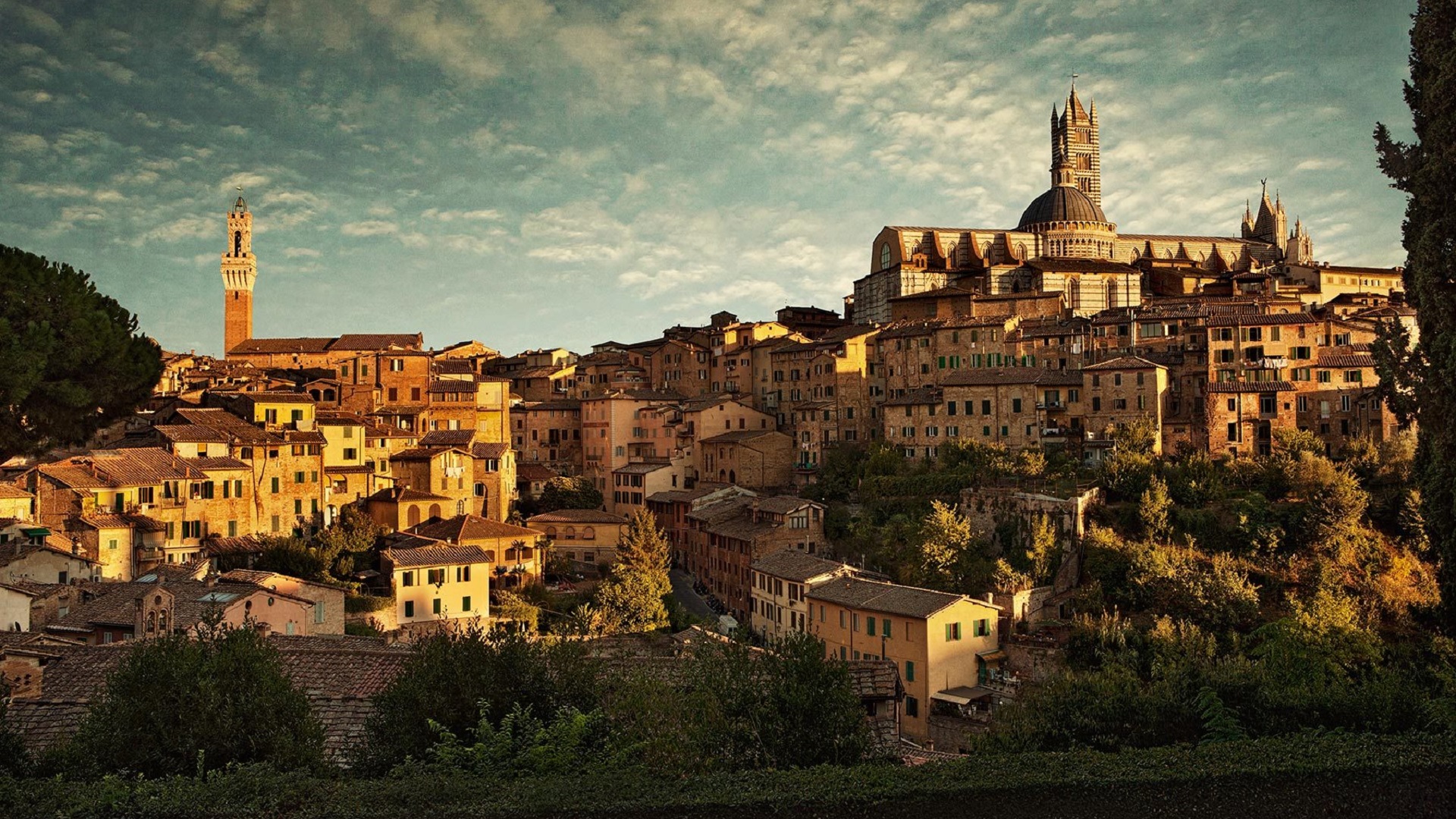
The story of Siena
Siena is a legend itself. This Tuscan small town, Florence rival, succeeded in crossing ages and wars. A privileged witness to the transformations that Italy has undergone throughout its history, let’s discover the miscellanea of the Republic of Siena. Everything began under the Roman Empire. Some say that Siena was built by Romulus’ nephews, founder […]







